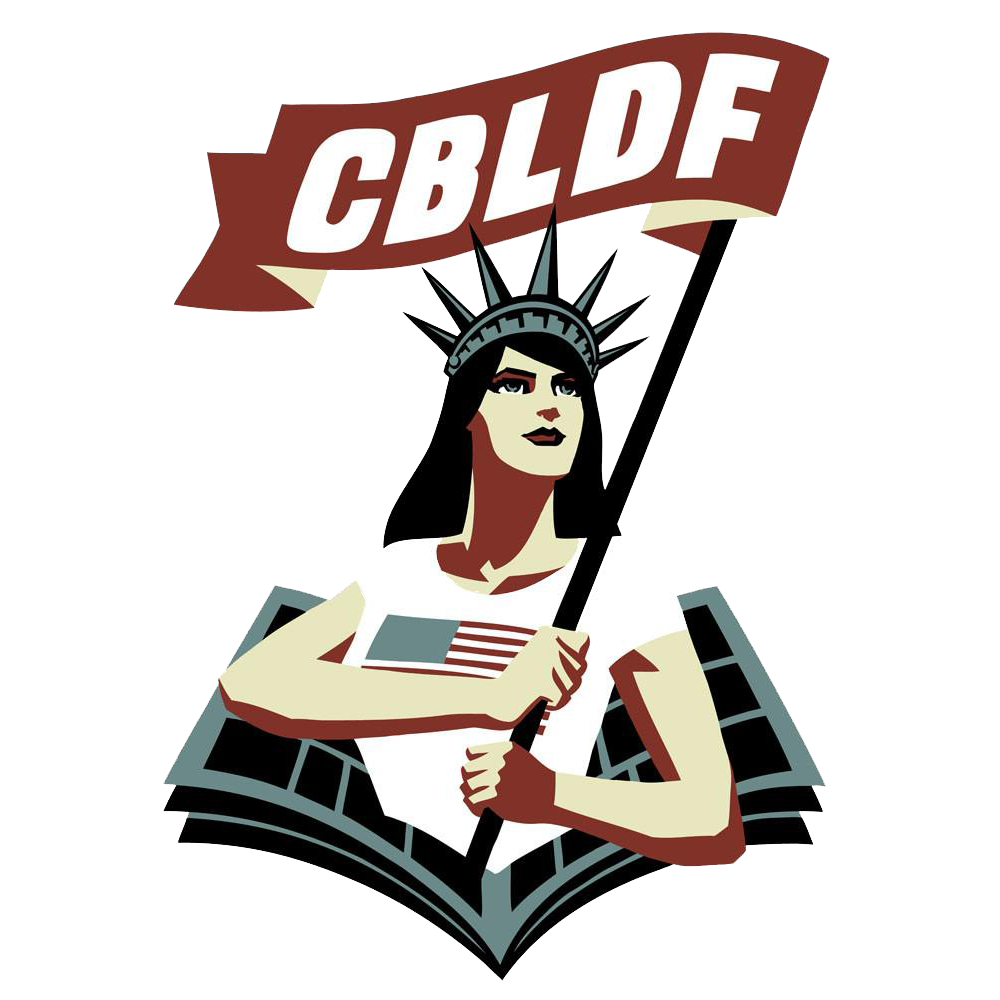
On March 31, 2021, CBLDF filed an amicus brief to the Supreme Court in partnership with the Foundation for Individual Rights in Education and National Coalition Against Censorship. The brief is supporting the constitutional rights of students in public schools. This is a landmark decision that will ensure power has limits, schools included.
The case, Mahanoy Area School District v. B.L., is the case in question. The case originated when B.L., a high school student, created a Snapchat with expletives expressing her frustration with her school and her extracurricular activities. When notified of the Snapchat image, school officials suspended her from cheerleading for the year.
B.L. won an initial lawsuit in federal court for the Middle District of Pennsylvania. The judge’s decision was based on the idea that “the ability of a school to punish lewd or profane speech disappears once a student exits school grounds.” Mahanoy Area School District appealed the case bringing it to the Third Circuit. The court had similar findings remarking that Tinker doesn’t apply to off-campus speech. The Fifth Circuit has previously ruled that Tinker does apply to off-campus speech, and the case is now going before the U. S. Supreme Court for judicial review.
This is a landmark case in its relation to Tinker and how the law will be interpreted moving forward. The question presented is,
“Whether Tinker v. Des Moines Independent Community School District, 393 U.S. 503 (1969), which holds that public school officials may regulate speech that would materially and substantially disrupt the work and discipline of the school, applies to student speech that occurs off campus.”
The comics community, no stranger to being targeted by schools, stated the following in regards to our interest in the case,
The comics community has decades of experience with attempts by school officials to control young people’s interaction with new media. In the early years of the modern American comic book, children were compelled to bring their comics to school for burning due to sequential art’s purported disruptive impact on learning and the social order. Today, the Sauron’s eye of censorship has turned toward students’ own expression through comics and related media, such as animation, cartoon memes, virtual worlds, and video games. Where school administrators once sought to constrain what students read, now students face discipline for what they create. This case gives the Court an opportunity to affirm that power has limits, even for schools.
As was stated in the Tinker case, “School officials do not possess absolute authority over their students.” The digital door opened for online learning is not an invitation for schools to reach into the private lives of students. It will allow schools to punish students for the media they create, including the comic arts, even when they are in the privacy of their own homes. Having unchecked disciplinary powers would be disastrous; this kind of power over students would negatively impact their development of social and intellectual skills. Students without rights are less likely to respect and protect rights in the future.
This is an important moment for protected speech and free expression for students in public schools. It can ensure that students have First Amendment rights and that power has limits, even for schools.
CBLDF joins the Foundation for Individual Rights in Education and National Coalition Against Censorship in filing this brief. You can read the full brief below.
The Comic Book Legal Defense Fund (CBLDF) is a nonprofit organization dedicated to protecting the legal rights of the comic arts community. With a membership that includes creators, publishers, retailers, educators, librarians, and fans, the CBLDF has defended dozens of First Amendment cases in courts across the United States and led important educational initiatives promoting comics literacy and free expression.